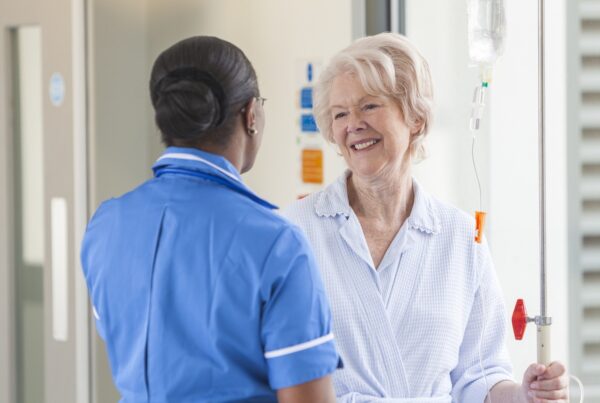
Accidental syringe swaps occur in 1 in 133 anaesthetic administrations.
A new study by a team at the University of Derby has found that a simple change in the use of syringe trays could help reduce errors in complex clinical environments.
Researchers found that the use of colour-coded compartmentalised syringe trays helped to reduce medication administration errors in busy clinical environments.
The team conducted independent objective trials on the trays in realistic clinical skills suite environments at the University of Derby and a local NHS Trust hospital. They used state-of-the-art eye-tracking technology, among other techniques, to test the trays’ effectiveness.
Data suggests that drug-related errors, such as accidental syringe swaps, occur in 1 in 133 anaesthetic administrations.
The results, which have been published in the British Journal of Anaesthesia, revealed that using the Rainbow Trays improved efficiency measured by search time for trays with errors and search time for trays with no errors.
The right choice, the first time.
The researchers concluded it was quicker for users to make the correct choice the first time and easier for the Operating Department Practitioners and anaesthetists to make a decision without having to study the trays in as much detail.
Professor Frances Maratos, Professor of Psychology and Affective Science at the University of Derby, explains: “Our results are promising with respect to improving patient safety. For example, the organisation of colour-coded trays may facilitate secondary checks from theatre staff such as Operating Department Practitioners, as an additional safety layer, with the aim of preventing drug errors in high-pressured environments such as operating theatres.”
Bev Fawdington, Director of UVAMED, said: “This study provides clear evidence that a standardised system such as Rainbow Trays can reduce cognitive load and the risk of medication error during administration.
“These results – delivered on a project conducted almost entirely during the Covid pandemic – illustrate the ingenuity, tenacity and dedication of the research team and NHS participants. They show that standardising the presentation of anaesthetic drugs can improve both clinicians’ wellbeing and patient outcomes.”



